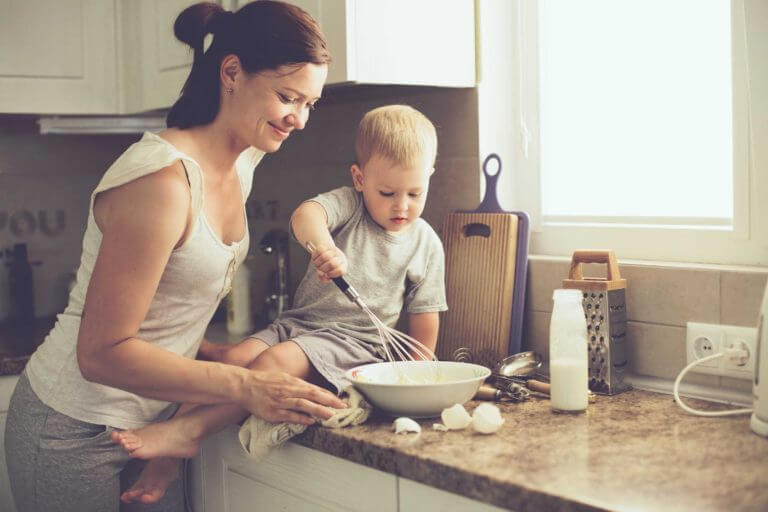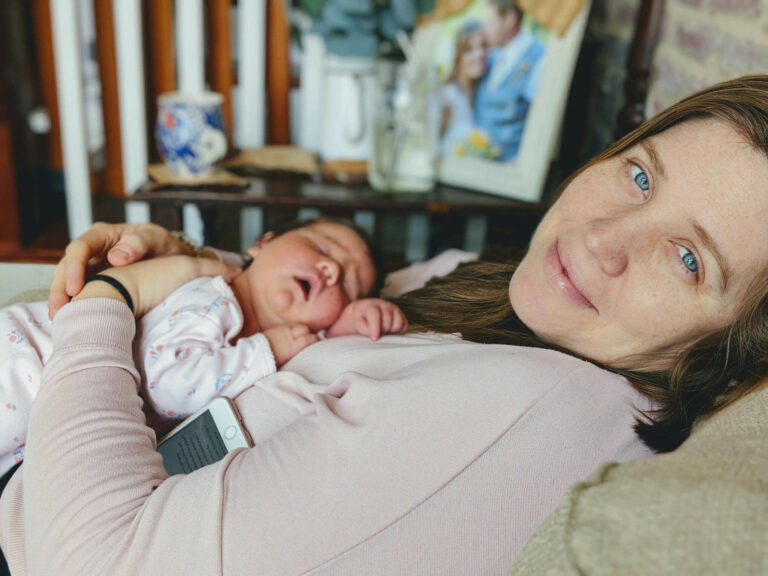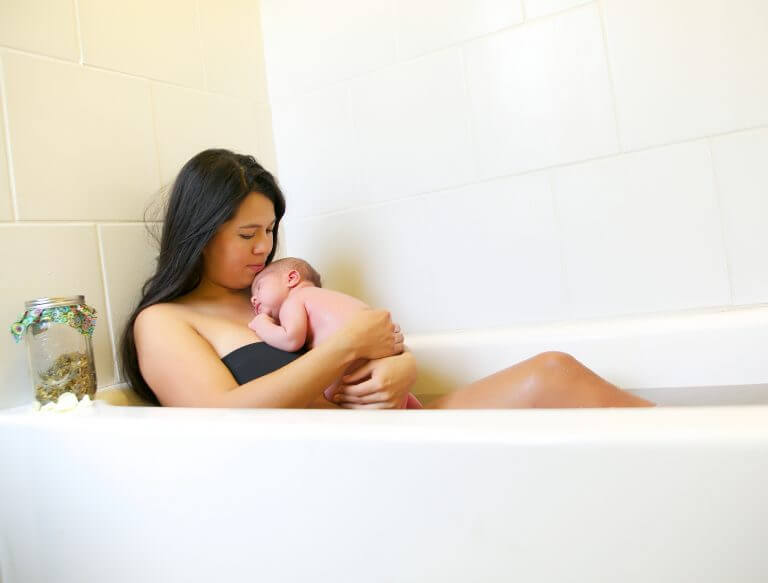Birth Trends & COVID-19 Pandemic
Many expectant couples are facing a decision that is changing the way they envision their births unfolding. Deciding between continuing through with their original hospital birth or beginning to shift their mind to a planned homebirth is at the forefront of many couples’ minds these days. As hospital protocols are shifting and units are becoming coronavirus battle stations, couples need to decide if this is, in fact, the safest and best choice for their families. These changing policies and tightened restrictions leave many families unsettled and anxious. As a result, homebirths are appealing to a greater number of couples.
Homebirth midwives only care for and attend the births of low-risk parents. The following criteria explain who may fall into this category.
Low-Risk Homebirths (These can vary among care providers.)
- Pregnant people without pre-existing conditions, such as Type 1 diabetes or hypertension
- Pregnant people with previous uncomplicated births
- Pregnant people having a single birth
- Pregnant people without pregnancy-related conditions, such as preeclampsia and gestational diabetes
Midwives also stress that birthing at home is not just a variation of a hospital birth but it is a completely different experience altogether. No pain medication or doctors are available, so preparating mentally and physically for an unmedicated birth is crucial. Aleksandra Evanguelidi, a Los Angeles based midwife, said she has received 30 calls in the previous six days where women were rethinking their birth plans. Michelle Palmer, chair of the Home and Birth Center Committee of the American College of Nurse-Midwives, said that with COVID, it has brought an opportunity to bring home birth and midwifery care into the health care system where more people will have access.
Considering all of this, if birthing at home isn’t the right choice for you, below are some tips to help you have a safer hospital birth in the time of COVID-19.
Is homebirth the only option? How can you minimize the risk of exposure?
- Birth education classes to learn relaxation and coping measures to avoid unnecessary interventions and a longer hospital stay.
- Laboring at home as long as possible with the presence of a doula (since additional support in most areas are not allowed into the hospital room during the pandemic).
- Video conference your doula or support person once you arrive at the hospital.
As couples wrestle with these thoughts, they must know that what they decide for their family is the best choice. Allow your parental instincts to light your path. This time is unprecedented and overwhelmingly challenging. Warrior on, parents. Bringing in a new life in the time of a global pandemic is an act of heroism.







